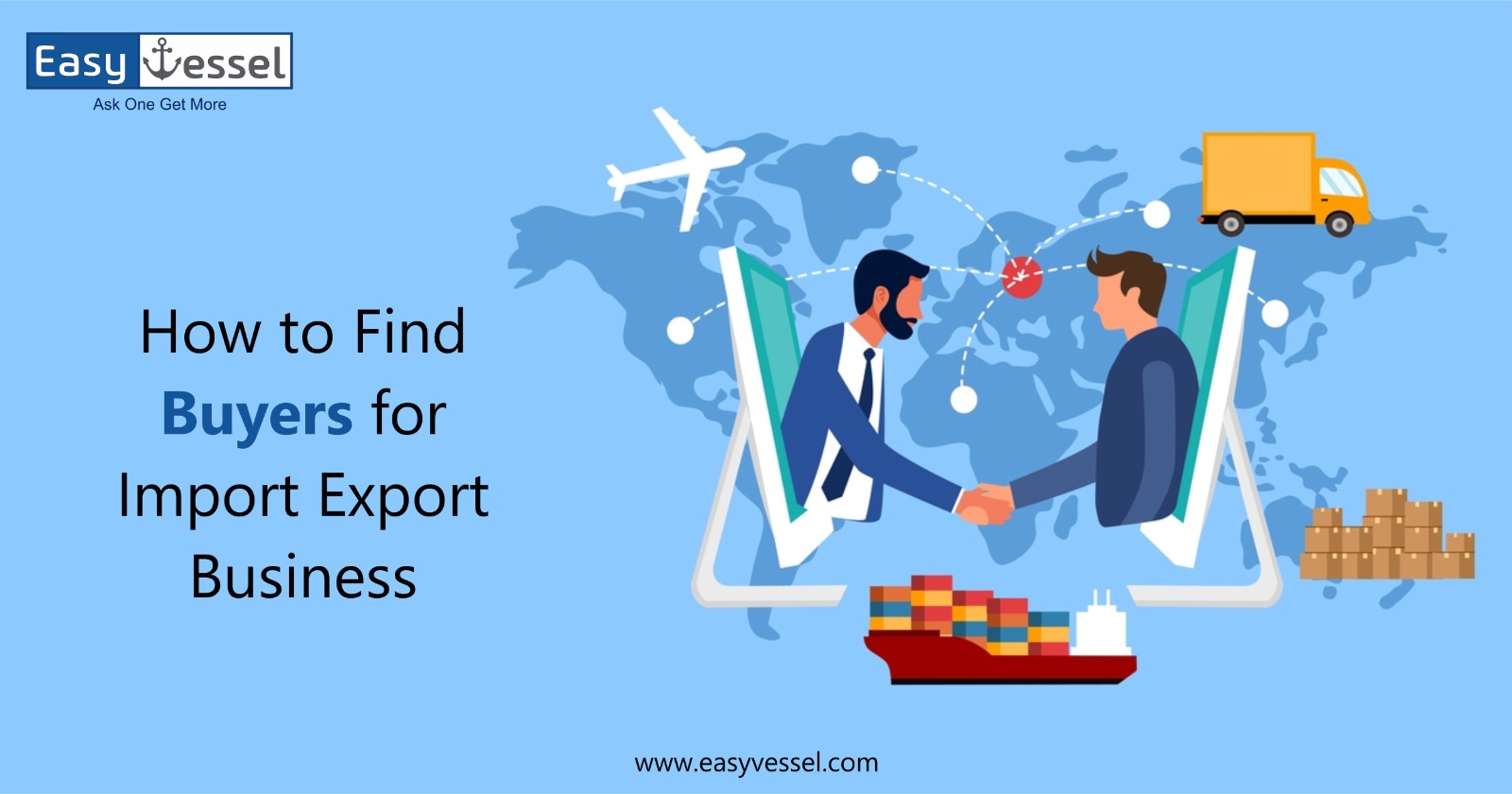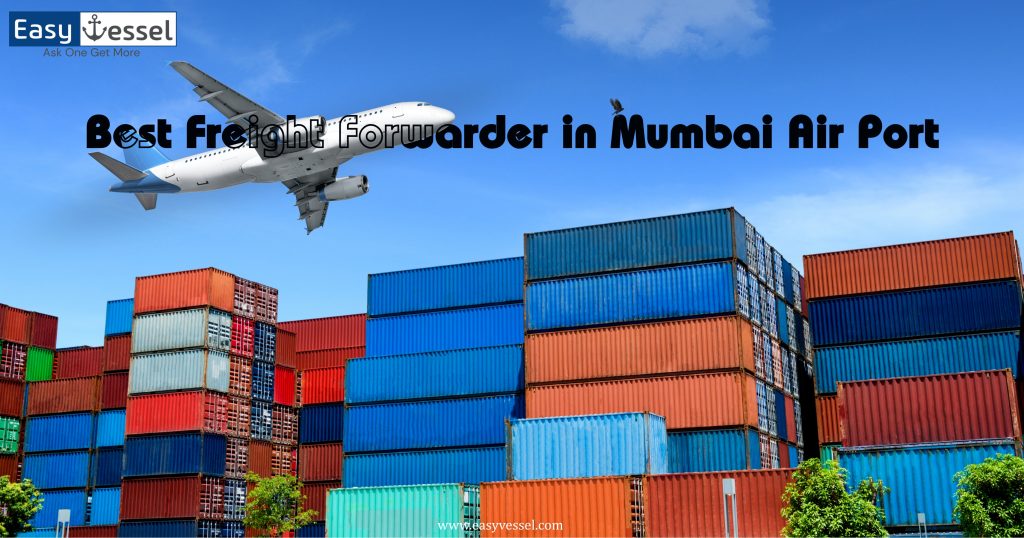- Complete all required import-export documents, select a product, assess investment needs, and then proceed to find buyers.
- Starting an import-export business means selling your products in other countries, which can boost your sales and profits.
- This can be a smart move, especially if there aren’t many opportunities in your own country.
- However, finding people who want to buy your stuff in foreign countries is often the hardest part for new exporters.
- It’s not just about shipping; you need to understand the market, the customers, and how they pay for things.
- moreover, To succeed, you’ll have to adapt to different cultures, languages, and travel needs.
- The good news is that technology has made it easier to find buyers overseas, thereby making the process simpler.
- New import-export entrepreneurs often ask, “How do I find buyers for my exports?”
- There’s no universal answer; it depends on what you’re exporting and where it’s going.
10 Key Steps to Find Buyers:
Here are 10 key steps to find buyers to start an import export business:
Online Sources:
B2B Portals:
- Websites like Alibaba, Global Sources, TradeIndia, and IndiaMART act as bridges between sellers and buyers from all over the world.
- Registering your business on these portals can boost visibility and connect you with potential buyers.
- Also, you can use online business directories to get in touch with buyers.
Social Media:
- Platforms like LinkedIn, Facebook, and Twitter can be useful in networking and finding potential leads.
- Joining groups related to import-export on these platforms can be beneficial.
Time and Research:
- Dedicate specific hours daily or weekly to research potential markets, trends, and buyers.
- The more research you do, the better you understand where potential opportunities lie.
Exhibitions:
- Trade exhibitions are events where businesses come together to showcase their products.
- You can participate in these events to meet buyers face-to-face.
- Furthermore, it’s a great opportunity to display your products, learn about market trends, and make direct connections with potential buyers.
Tips: For a successful networking experience, prepare in advance with marketing materials, samples, and business cards. Also, stay current on industry news for meaningful conversations.
Trade Delegations:
- Trade delegations are organized by trade associations or government bodies.
- Consequently, these groups visit foreign markets to explore business opportunities.
- By joining these delegations, you can get introduced to potential buyers in other countries.
- It’s like having a helping hand in a new market.
Benefits: First-hand market experience, addition, introductions to local business people, and insight into local business etiquette and culture.
Embassy of India:
- The commercial wing of the Indian embassies in foreign countries supports businesses by offering lists of importers in that country.
- They may also provide insights about local regulations and market trends.
(Tip) Action Steps: Reach out to the commercial section, express your interest in the market, and ask for guidance or potential leads.
Friends and Relatives/ Network:
- People you know in foreign countries can be of immense help.
- Additionally, they can introduce you to potential buyers or provide insights about the local market, consumer preferences, and more.
(Tip) How to Use: Keep your network informed about your business. Regularly check in, offer value, and seek advice or introductions.
Trade Associations:
- Trade associations are organizations dedicated to promoting a specific industry or business type.
- In addition, these organizations often have databases of buyers and sellers, and they might be organizing events, seminars, or meetings where you can meet potential buyers.
(Tip) Benefits: Access to industry databases, networking events, and trade journals. These associations often advocate for members and offer platforms for businesses to collaborate.
Personal Visits:
- Visiting a country and meeting with potential buyers in person can often solidify a business relationship.
- Moreover, It shows seriousness and commitment.
Export Promotion Council (EPC):
- India has numerous Export Promotion Councils catering to various product categories.
- Additionally, these councils play an essential role in promoting exports and often have databases, organize events, and assist in finding buyers.
Engineering Export Promotion Council (EEPC):
- If you’re dealing in engineering goods, EEPC India can be a boon.
- They provide a platform for its members to showcase products in international markets, facilitating networking and more.
Conclusion:
In conclusion, finding buyers for the import-export business is a mix of online and offline efforts, networking, research, and leveraging institutional support. Remember, while these steps provide the roadmap, the key to a successful import-export business lies in building strong, trustworthy relationships with buyers. Regular communication, integrity, and delivery as promised will ensure longevity in the business.
Easyvessel is connect to importer exporters with multiple freight forwarders to get the best freight rate to the globe with 0% commission.
References:
Frequently Asked Questions
Advertising: Targeted ad campaigns for global exposure.
Foreign Wholesale: Set up wholesale operations abroad.
Trade Fairs: Moreover, exhibit your products and network at international events.
Third-Party Agencies: Partner with export specialists.
Online Marketplaces: Utilize platforms like Amazon and Flipkart.
Sales Team: Appoint salespeople for personalized international outreach.
Building connections is a fantastic way to find clients for your import-export business. You can start by attending trade shows, conferences, and industry events where you can meet potential clients. To expand your network further, consider joining industry groups and clubs. To attract customers for your business, it’s important to first identify countries where there’s a demand for what you offer. Then, create a solid marketing plan to reach out to those markets, and don’t forget to use trade shows and social media to connect with potential customers.
Social media Platforms like LinkedIn and Facebook are great for networking, finding leads, and joining relevant import-export groups.
It’s a group trip, often organized by associations or governments, to explore business opportunities in foreign markets.



